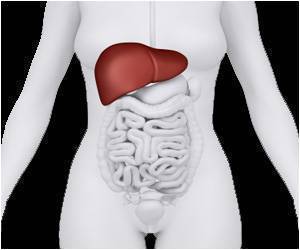Red chilli peppers contain a compound called capsaicin that played a key role in the prevention of obesity and lowered cholesterol levels, thereby decreasing mortality.
Highlights
- Consumption of red hot chilli peppers can decrease mortality, finds study.
- Red chilli peppers were linked to reduce mortality due to heart disease and stroke.
- Capsaicin, a component in red chili peppers plays a role in cellular and molecular mechanisms that prevent obesity.
The research team used National Health and Nutritional Examination Survey (NHANES) III data for the study. More than 16,000 Americans had participated in the study. They were followed for up to 23 years.
Medical student Mustafa Chopan ’17 and Professor of Medicine Benjamin Littenberg, M.D., examined the baseline characteristics of the participants according to hot red chili pepper consumption.
They found that consumers of hot red chili peppers tended to be "younger, male, white, Mexican-American, married, and to smoke cigarettes, drink alcohol, and consume more vegetables and meats . . . had lower HDL-cholesterol, lower income, and less education," in comparison to participants who did not consume red chili peppers.
The research team also examined data from a median follow-up of 18.9 years and observed the number of deaths and then analyzed specific causes of death.
There are some possible explanations for red chili peppers’ health benefits, state Chopan and Littenberg in the study. Among them are the fact that capsaicin - the principal component in chili peppers - is believed to play a role in cellular and molecular mechanisms that prevent obesity and modulate coronary blood flow, and also possesses antimicrobial properties that "may indirectly affect the host by altering the gut microbiota."
Reference
- Mustafa Chopan, Benjamin Littenberg.The Association of Hot Red Chili Pepper Consumption and Mortality: A Large Population-Based Cohort Study. PLOS ONE, (2017); 12 (1): e0169876 DOI: 10.1371/journal.pone.0169876
Source-Medindia










